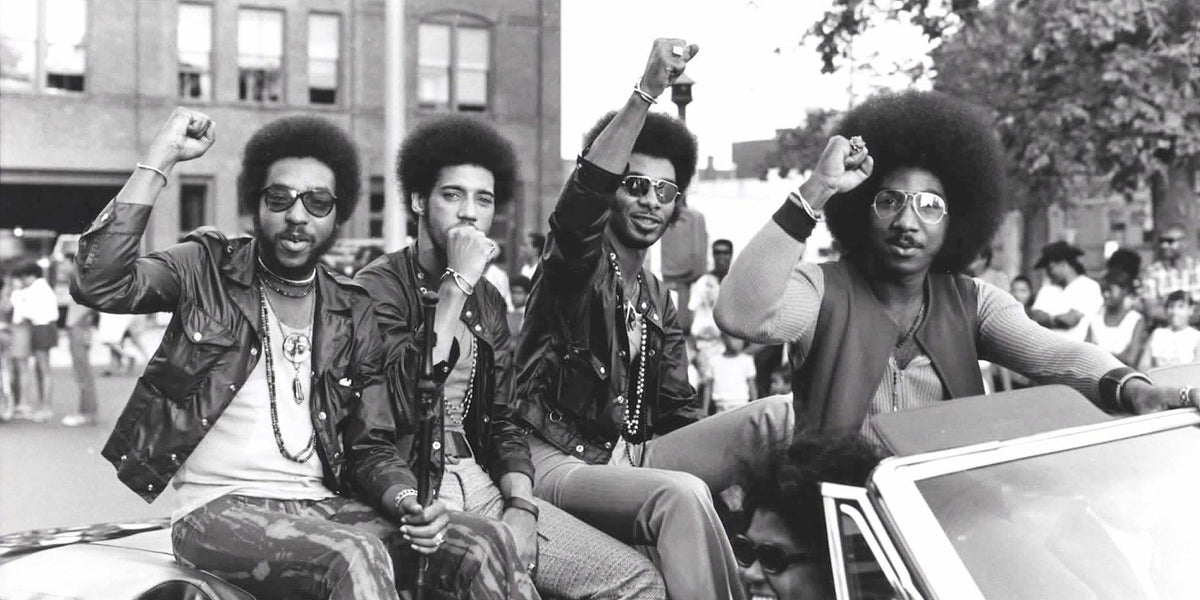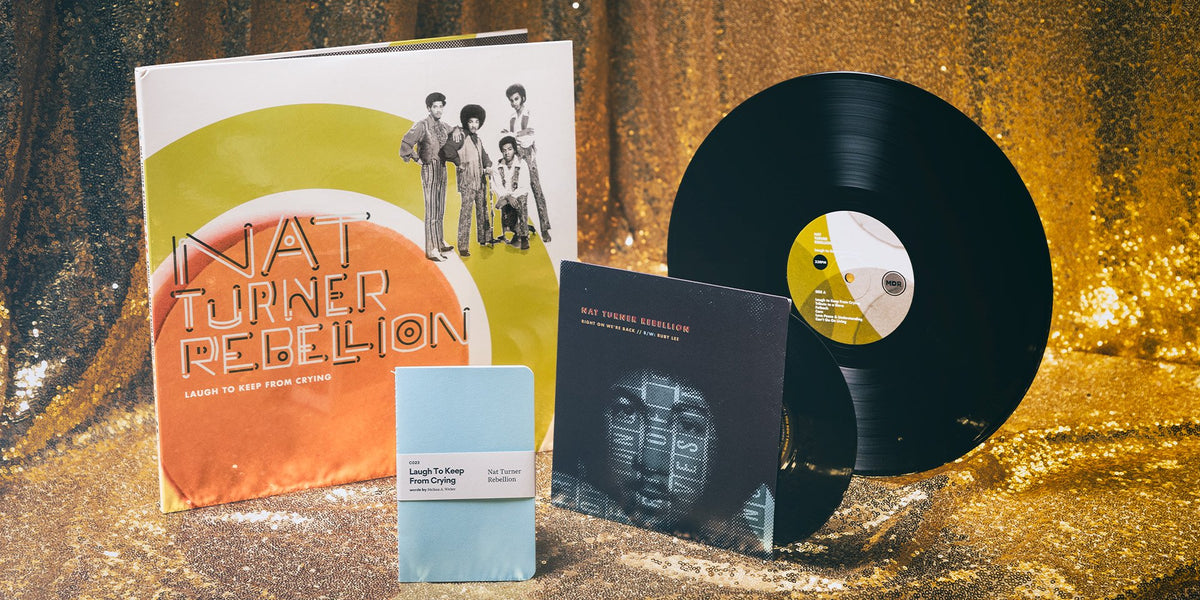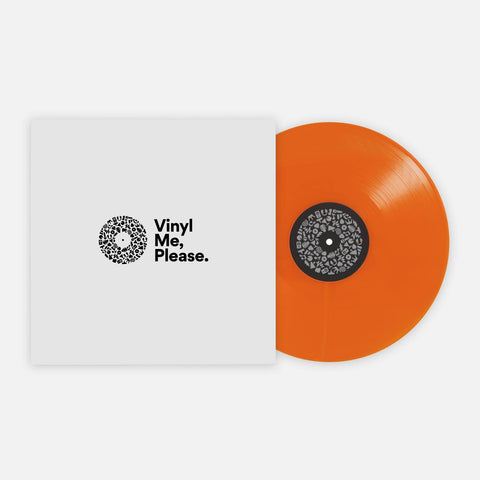Like Detroit had the assembly line groove of Motown, and Memphis had the sanctified sounds of Stax, Philadelphia had Philadelphia International and the sound of Philly soul. Founded in 1971, Philadelphia International gave a label face to the sounds of Philly Soul, which had been percolating and building into its own thing alongside the strains of soul in Detroit and Memphis. Philadelphia was a different city than Detroit or Memphis; it was more entrenched as a metropolis, less beholden to manufacturing, more urbane. Which is why it makes sense that the best definition of the genre is “putting the bow tie on funk,” as James Brown trombonist Fred Wesley told an interviewer once. They took the grimy grooves of funk and soul, and added complex string arrangements and jazzy incantations, making stars of performers like Jerry Butler and Teddy Pendergrass and bands like the O’Jays and the Delfonics.
Philadelphia International was the premiere label of the genre, though not everyone here made records for it. The label’s version of Berry Gordy was the two-headed writing and composing machines, Kenny Gamble and Leon Huff, whose writing credits are too numerous to list here. They wrote the genre’s calling card, “TSOP (The Sound Of Philadelphia),” which would become the backbone of the theme song for Soul Train for a while.
Philly soul launched many careers and hits in the ’70s, to the point where the genre and city became inspiration for David Bowie’s Young Americans album. Bowie decamped to Philly to get the music and vibe straight from the source, recording much of the album at Sigma Sounds Studios, the legendary Philly soul studio where Nat Turner Rebellion, this month’s VMP Classics feature group, recorded as well. Bowie’s approximation of Philly soul led him to the charts, but it didn’t hit with the same vigor as the albums featured below. Here are seven essential Philly soul albums.

Jerry Butler: The Ice Man Cometh
Though this former Impressions member wasn’t originally on Philadelphia International — he was on semi-major Mercury — his contribution to Philly soul is largely that his records are where Gamble & Huff figured out the sound of Philly soul, producing a string of albums for Butler in the late ’60s. Butler got his nickname — the Iceman — while performing in Philadelphia, and he stuck around with Gamble & Huff to make hit records. His biggest success and greatest calling card is “Only the Strong Survive,” a song that is virtually the blueprint of Philly soul that came after, and the centerpiece of this album. Find this album for that song, but also for the cover, a top-five soul album cover.
Harold Melvin & The Blue Notes: I Miss You
There’s very little debate over who the defining artist of Philadelphia soul is: It’s Theodore DeReese Pendergrass. Originally the lead singer in Harold Melvin & The Blue Notes — Harold got top billing, still — local boy Pendergrass was a star from the group’s first LP, I Miss You, which got changed to a self-titled LP after the lead single from the LP became a monster hit and Philadelphia International didn’t want the group’s audience to be confused. “If You Don’t Know Me By Now” captures the refined palette of Philly soul, while Pendergrass’ vocal runs from the soles of his feet provide the down-in-the-streets power. The album as a whole is a masterpiece; coming shortly after the label launched, it’s still unbelievable how dialed in the sound of the label was already.
The O’Jays: Back Stabbers
While Philly Soul definitely earns its “funk with a bowtie” designation, the genre also included bands as unrepentantly heavy and groovy as the O’Jays, whose Back Stabbers is an album that practically guarantees the listener will have a twisted stank face on for its 40 minutes. There are funk bands with entire discographies that don’t smack as hard as just “When The World’s At Peace,” the first song from his album. The whole thing is similarly as cracking, an absolutely essential album that belongs in literally every record collection.
The Delfonics: La La Means I Love You
While Gamble & Huff were making Philly soul as producers and at Philadelphia International, Thom Bell was arguably having as much of an impact on the shape of Philly soul while producing records for a series of vocal groups recording for Philly Groove. The first group was the Delfonics, and their breakout LP La La Means I Love You, which presents the basic tenets of Philly soul group vocals later perfected by Harold Melvin and the Stylistics. Big string arrangements and buttery smooth group vocals over snappy percussion, and songs with titles like the title track and “Break Your Promise” established Bell as the non-Gamble & Huff Philly soul auteur. He’d eventually work at Philadelphia International — on O’Jays records, no less — but his early work in shaping the genre makes him a legend.
Billy Paul: 360 Degrees of Billy Paul
Philly soul anticipated a lot of stylistic changes in black music in the early ’70s, none more so than anticipating how quiet storm R&B and disco would foreground getting busy. Billy Paul’s “Me and Mrs. Jones” is probably the biggest singular hit of all of Philly soul; it was the No. 1 song in the country for three weeks in 1972, and is still a favorite of moms over 50. Paul’s classic tale of shagging Mr. Jones’ wife sets the tone for half of his 360 Degrees of Billy Paul album, which leans hard into organ funk in the half opposite the slow burn ballads about affairs and being a prisoner to love. Paul gets lost in the shuffle of great soul singers from the ’70s, but this album is a showcase to his booming voice, one of the most distinct in all of soul music.
The Stylistics: The Stylistics
Another Thom Bell group, the Stylistics were as close to a boy band that Philly soul ever got; their lead singer Russell Thompkins Jr. had bubblegum-sweet high vocals, lending his group’s songs a tenderness similar to groups like the Jackson 5. Their self-titled debut, with its lead off track, “Stop, Look, Listen — To Your Heart,” is their finest moment.
Teddy Pendergrass: Teddy
Teddy Pendergrass helped shepherd Philly soul into its final form: quiet storm R&B, which emphasized tender ballads, quiet instrumentation, and songs that sounded like they came from between silk sheets. Any of his solo albums after leaving Harold Melvin & The Blue Notes is essential, but Teddy is peak boom-boom music, a masterpiece for the bedroom.
Andrew Winistorfer is Senior Director of Music and Editorial at Vinyl Me, Please, and a writer and editor of their books, 100 Albums You Need in Your Collection and The Best Record Stores in the United States. He’s written Listening Notes for more than 30 VMP releases, co-produced multiple VMP Anthologies, and executive produced the VMP Anthologies The Story of Vanguard, The Story of Willie Nelson, Miles Davis: The Electric Years and The Story of Waylon Jennings. He lives in Saint Paul, Minnesota.
Related Articles
Join the Club!
Join Now, Starting at $36Pages







